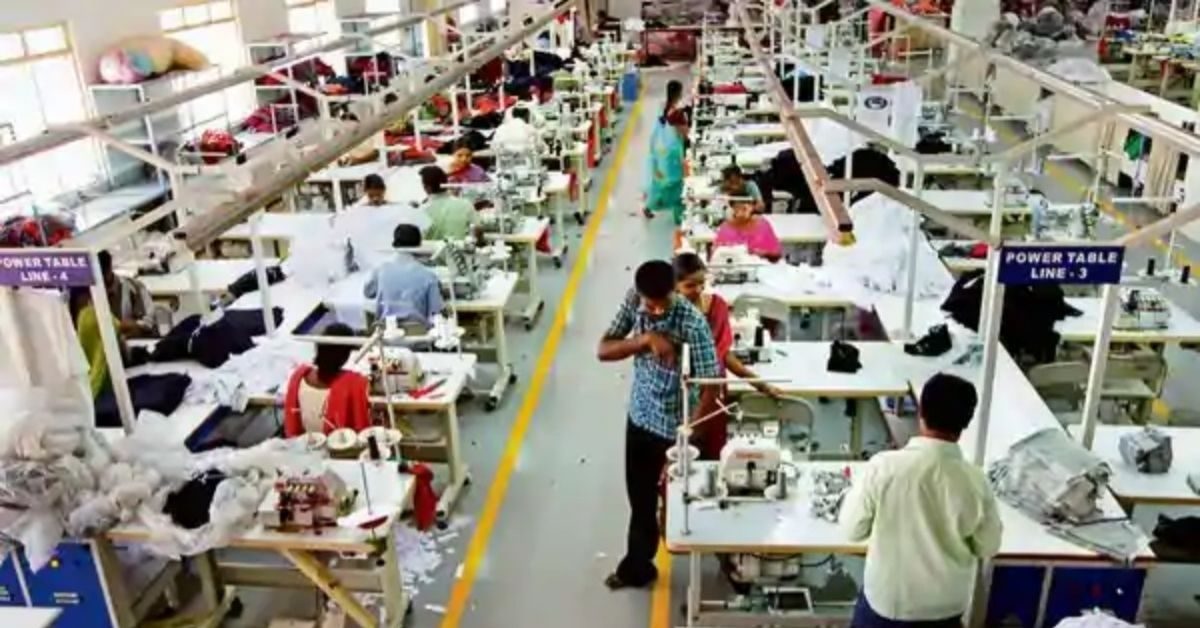The rise in freight charge amid the unavailability of containers, delays in receiving imported raw materials and the increased prices of fabrics abroad have turned the fortune for the country’s primary textile sector.
As of now, the fabric manufacturers have witnessed a 20 per cent increase in demand, with calls from apparel makers for bumping up production getting more frequent by the day.
“There are some garment manufacturers, mostly the big ones, who never purchased fabrics from local sources and they are repeatedly asking us for fabrics,” said Khorshed Alam, owner of Little Star Spinning Mill.
The reason being the higher prices of fabrics in the importing countries, he said, adding that the rise in freight costs and the unavailability of containers made importing fabrics more trouble than it is worth.
The price of fabric went up by at least $1 a yard, while the freight charge spiralled to $3,000 from $900 a container, according to garment makers.
The prices of fabrics went up in Bangladesh too but it is comparatively lower than elsewhere, said Alam, also a former director of the Bangladesh Textile Mills Association (BTMA).
Everyone has enough work orders for fabrics and there are no unsold fabrics or stock.
“The primary textile sector is now in a better state than what it was a few months ago,” he added.
Sourcing fabrics from the local market is more convenient and hassle-free, said Shahiduallah Azim, managing director of Classic Fashion Concept.
“This brings downthe cost of business and lead time. That is why we are buying more from the local manufacturers than in the past,” he added.
China is the prime source for the apparel sector’s raw materials but the supply chain has been disrupted due to pandemic, said Faruque Hassan, Managing Director of Giant Group, a garment exporter.
To ensure timely shipments, manufacturers are procuring from the domestic market.
“This is a good sign for us as the strong backward linkage improves value addition as well as the industry’s strength in competing well in the global market,” said Hassan, also a former senior vice-president of the Bangladesh Garment Manufacturers and Exporters Association.
He also urged the fabrics manufacturers not to set unusual prices so that exporters do not shift their sourcing to another country.
Experts and textile sector people called upon thegarment manufacturers to continue with their patronisation of the domestic textile sector for their raw material needs.
To become the leading garment supplier to the world from its current number two position, Bangladesh needs a strong backward linkage industry for both woven and knitwear fabrics, said Ahsan H Mansur, executive director of the Policy Research Institute (PRI).
“To this end, fabrics manufacturers have to improve quality standards.”
On the other hand, the garment exporters have to change their mindset and help the local manufacturers to grow.
The BTMA President Khokon went on to urge the government to provide policy support so that Bangladesh can become self-reliant in fabrics.
At present, local fabrics manufacturers can meet 35 percent of the demand for woven fabrics from garment exporters and 90 per cent for knitwear.
Source : Dhaka Tribune







